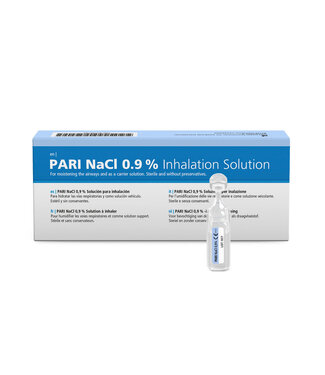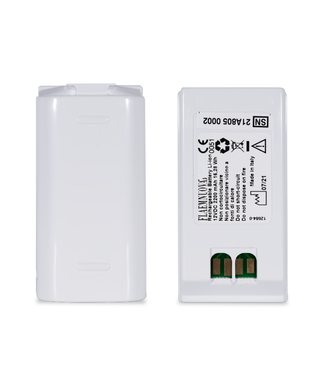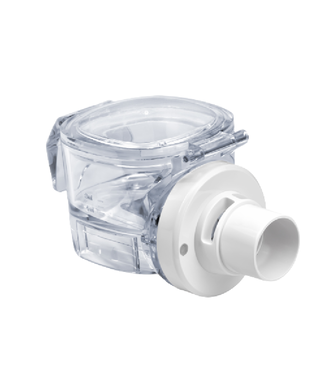
Irritated vocal cords
Irritated vocal cords are usually caused by overuse of the voice, such as shouting, talking too much, or by using the voice in an unusual way. Consider, for example, having long conversations, speaking a lot during presentations, or singing without sufficient rest breaks.
Although excessive use of the voice is often the immediate cause, there are other factors that can increase the irritation, such as:
- Dehydration: Due to a dry environment, inadequate hydration, or the use of drying substances (such as alcohol)
- Smoking or exposure to irritants
- Stress and tension: Emotional stress can lead to increased muscle tension around the vocal cords. This makes them more susceptible to irritation and damage.
Do not confuse irritated vocal cords with damaged vocal cords or inflamed vocal cords. These are conditions in which the symptoms are considerably worse.
Complaints of irritated vocal cords
Do you suspect that your vocal cords are irritated? Then you can notice this in the complaints below.
The voice may sound rough, hoarse or hoarse : This has a significant effect on the voice quality.
Fatigue while speaking : People with irritated vocal cords may become tired while speaking more quickly than normal.
Sore throat or discomfort : Irritation of the vocal cords may be accompanied by a feeling of pain, scratching, or discomfort in the throat.
Dry cough : Some people with irritated vocal cords may experience a dry cough in response to the irritation in the throat.
Sore throat after vocal use: As irritation increases, sore throat may worsen, especially after periods of vocal use.
Changes in voice quality: The voice may sound different than normal
Relieve complaints
Some of the complaints we described above, such as hoarseness, a hoarse voice or tickly cough, can be reduced with a throat spray or a nebulizer.
A throat spray based on pure honey soothes your throat and reduces tickly coughs.
With a nebulizer you can inhale a 'mist' to hydrate your vocal cords.








